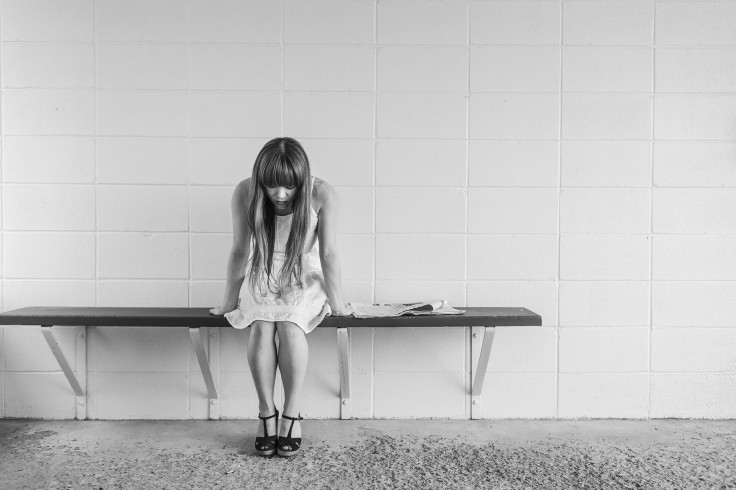The Pressure To Be Happy Makes Us More Depressed; Why Hiding Emotions Is Bad For Mental Health

To be happy, it’s best not to try to be happy. At least, that’s the main point of a study published in the health journal, Depression and Anxiety. Researchers found that the more people felt pressured not to be sad, the more depressed they actually were.
Read: Video Games Could Be New Treatment Option For Depression; How Games Give Users A Sense Of Control
For the study, 112 people with signs of depression rated their symptoms as well as their level of social pressure not to be depressed or anxious. The participants kept a daily online diary for one month. The team found that society norms seemed to contribute to depression, and that our society’s shunning of negative emotions could have harmful effects.
“Depression rates are higher in countries that place a premium on happiness,” says social psychologist Brock Bastian, in a story on Futurity.org. “Rather than being the by-product of a life well-lived, feeling happy has become a goal in itself. Smiling faces beam at us from social media and happiness gurus flog their latest emotional quick fixes, reinforcing the message that we should aim to maximize our positive emotions and avoid our negative ones.”
There are many signs of depression, and they are both mental and physical. People who are depressed often feel sad, empty or anxious, reports WebMd. They can often feel bad about themselves and mull over failures. Feeling hopeless and pessimistic is often associated with depression as well as irritability. In those who are severely depressed, thoughts of suicide may occur.
Physically, you may feel less energetic, and daily routines or your favorite hobbies may be difficult to engage in. Some may find it difficult to focus and even something as small as reading a book or watching a movie can prove difficult. Aside from hindering your sleep, depression can actually cause physical pain, says WebMd.
Bastian tells Futurity that to help alleviate depression, society needs to destigmatize the disorder. He believes educational programs can go a long way in normalizing depression.
“We’ve become so used to people following this social norm of putting their best foot forward and not showing vulnerability,” he said. “So when a celebrity announces that she’s suffered a miscarriage and is taking some time out, or a politician takes leave to deal with the stresses of the job, it resonates so powerfully with us.”
Read: Baby Blues Diet: Nutritional Supplements May Prevent Post-Partum Depression
While social media often is only used to highlight happy moments, many celebrities and influencers are using their channels to share the tough, everyday moments that we often have to endure. Actress Shannen Doherty, for example, shared her cancer diagnosis and intimate photos receiving treatment on Instagram.
As Bastian told Futurity, “This stuff is the gritty truth of life and sharing it doesn’t bring people down, it connects us.”
See Also:
Those Facebook Likes You're Trying To Rack Up Won't Make You Happy, According To Study



























